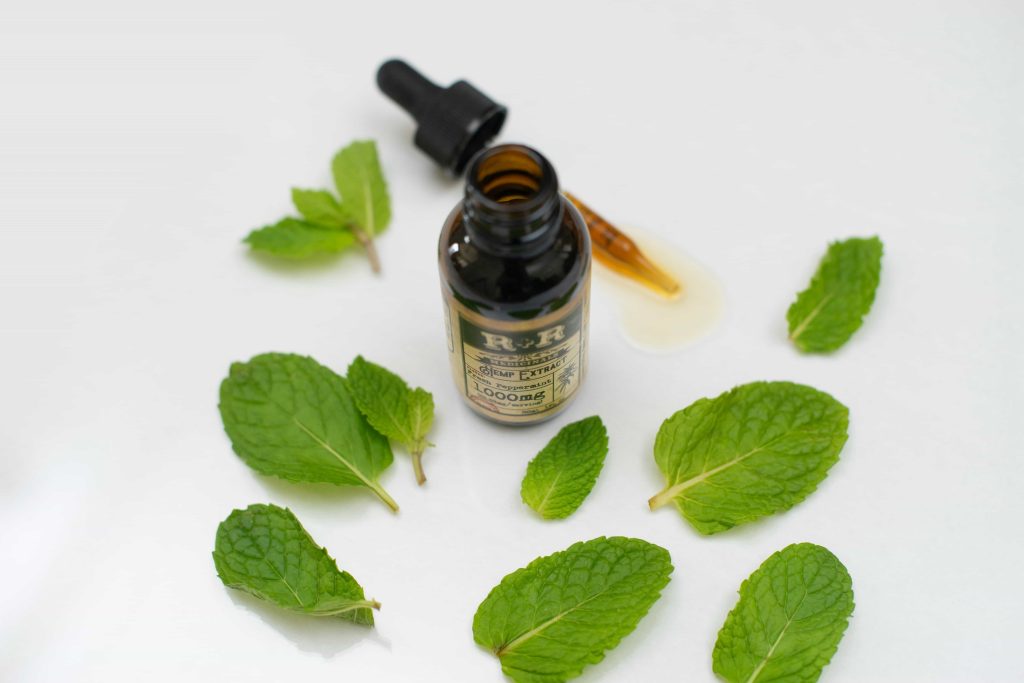
As the temperatures drop and insects seek shelter indoors, many homeowners look for ways to keep bugs at bay without turning to harsh chemicals. The idea of using natural repellents is especially appealing — they’re often affordable, readily available and safer for pets, kids and the environment.
But with so many DIY solutions and information about natural products circulating online, it’s hard to know what actually works — and what’s just wishful thinking. Here, we’ll break down some popular natural insect repellents, evaluate which ones hold up to scrutiny and give you some helpful tips for keeping your home bug-free.
The Proven Performers: Natural Repellents That Are Worth the Effort
Color is usually one of the easiest ways to identify a spider. Here are the common colors of spiders you might encounter in OR/WA:
1. Essential Oils: Peppermint, Eucalyptus and Tea Tree
Many essential oils have been found to have genuine repellent properties, but the most effective against household pests are peppermint, eucalyptus and tea tree oil. Studies have shown that these oils are particularly effective against ants, mosquitoes and spiders.
-How to Use Them: Use water to dilute a few drops of the essential oil of your choice and spray it around windows, doors, and other entry points. You can also add these oils to a diffuser to make the scent linger in rooms where you frequently see insects. Plus, you’ll enjoy the calming effects as a bonus.
-Pros and Cons: These essential oils can be effective in keeping low-level infestations a bay and are safe when used carefully. However, they do need to be reapplied frequently and can be toxic to pets if used improperly. Always check pet safety guidelines when using essential oils around your furry friends.
2. Vinegar
White vinegar is a fantastic natural repellent, especially for ants. Its strong scent disrupts their trails and masks the pheromones they rely on to navigate.
-How to Use It: Mix equal parts vinegar and water in a spray bottle, and apply it to surfaces where you’ve spotted ants, especially around entry points.
-Pros and Cons: Vinegar is safe, affordable and can double as a versatile cleaning solution to use all around your home. However, the scent can be overpowering indoors, and like essential oils, it may need frequent reapplication to remain effective.
3. Diatomaceous Earth (DE)
Diatomaceous earth is a fine, powdery substance made from fossilized aquatic organisms. It’s natural and safe for indoor use, as it’s non-toxic to humans and pets (though inhaling it directly can be irritating). When insects come into contact with DE, it disrupts their exoskeleton, eventually leading to dehydration.
-How to Use It: Sprinkle food-grade diatomaceous earth around baseboards, under sinks and in other dark areas where insects might hide. Be cautious not to create large dust clouds, as DE can cause respiratory irritation if inhaled directly.
-Pros and Cons: DE is long-lasting and works well for a variety of insects, including ants, roaches and spiders. However, it can be messy, and effectiveness relies on the powder staying dry.

Natural Repellents That Don’t Hold Up to the Hype
Not all natural remedies live up to their reputations. Here are a few common solutions that don’t quite make the grade.
1. Lemon and Citrus Peels
There’s a popular belief that leaving lemon or citrus peels around can repel insects, but the reality is a bit disappointing. While citrus scents can be bothersome to some bugs (like ants), they’re not strong or long-lasting enough to serve as an effective barrier.
-The Facts: Placing citrus peels around your home might work as a temporary deterrent, but you’ll need to replace them frequently to see any effect. They can also do the opposite of their intended effect — attracting other insects, like fruit flies, once they start to decompose.
2. Garlic
Garlic is often touted as a natural pest repellent because of its strong smell, but in reality, it doesn’t hold much power in limiting indoor insect sightings. While garlic can deter certain insects in gardens, it’s not an effective solution inside the home.
-The Verdict: Garlic may help with garden pests when used outdoors, but it won’t do much to deter indoor pests. Plus, the strong odor can linger and is often unpleasant for people and pets alike.
3. Herbs Like Basil, Lavender and Rosemary
Many suggest placing potted herbs around the house as a repellent, and while some insects do dislike the scent of these herbs, they’re not as effective in an open room.
-The Facts: The scent emitted from a small potted herb isn’t strong enough to cover an entire room. If you’re using these plants to beautify your space, that’s great — but don’t count on them as an insect repellent.

Tips for Using Natural Repellents Effectively
If you’re interested in keeping your home bug-free the natural way, here are some practical tips for using these methods to their fullest potential:
-Combine Methods: Using multiple natural repellents together can enhance effectiveness. For example, try pairing essential oils with diatomaceous earth to create a multi-layered approach.
-Target Entry Points: Focus on windows, doors, and any small cracks where bugs are likely to enter. A concentrated application in these areas is often better than spraying a whole room.
-Keep It Fresh: Natural repellents tend to lose potency over time. Reapply sprays every few days, or whenever you notice the scent fading to maintain a bug-free space.
-Prioritize a Clean Space: The best way to keep insects out is to minimize factors that attract them. Regularly wipe down counters, avoid leaving food or dirty dishes out and clear away clutter to make your home less appealing to bugs.
When to Call in the Pros
Natural repellents can be a good choice for minor pest issues, but if you’re dealing with a larger infestation or persistent pests, it may be time to call in the experts. Professional pest control services can provide safe and targeted solutions that can eliminate pests for the long term.
Natural repellents can offer peace of mind and keep small bug populations under control, but they have limitations. Knowing which methods work and which are based more in myth than reality will help you keep your home comfortable and insect-free.
Remember, with any natural remedy, consistency is key — reapply as needed and stay vigilant. And if you need extra help, our team is here to provide professional pest solutions that will keep your home safe and comfortable all year long.